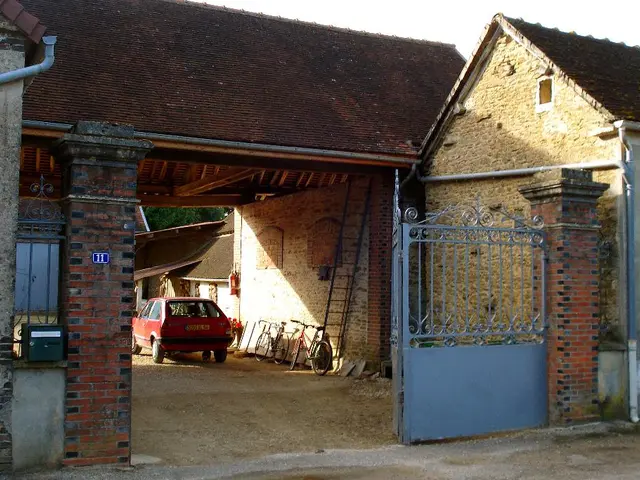CMU Spots Light on Energy Innovative Businesses
Carnegie Mellon University (CMU) continues to be a hub for energy innovation, with its researchers tackling pressing societal challenges and pioneering future solutions. One of the latest initiatives is the Resilient Energy Technology and Infrastructure (RETI) Consortium, a collaboration between CMU, the University of Pittsburgh, and West Virginia University.
The RETI Consortium, founded in September 2025, has been recognised by the National Science Foundation (NSF) as a semifinalist for the NSF Regional Innovation Engines $160 million funding opportunity. The recognition reflects the urgency and promise of its mission and regional collaboration. Valerie Karplus, associate director of the Scott Institute and a professor at CMU, emphasises the urgency and promise of RETI's mission.
Larry Pileggi, a professor at CMU, is a co-founder of CMU startup Pearl Street Technologies, which reduces power system planning times, enabling over 400 gigawatts of new supply. Another CMU startup, Sabana, founded by Ruben Quesada, uses AI to help developers source sustainable building materials.
The Wilton E. Scott Institute for Energy Innovation at CMU has launched a new funding initiative offering up to $100,000. Katelyn Haas-Conrad, assistant director of partnerships for the Scott Institute, discusses the challenges faced by entrepreneurs with highly technical startups. The funding initiative aims to accelerate ideas from CMU founders and drive economic resilience.
In addition to energy innovation, CMU is also making strides in areas such as robotics. TJ Thomas at CMU applies robotics to remove harmful algal blooms, while Howie Choset's team at CMU develops robots to inspect pipes for issues like natural gas leaks.
Moreover, SeaLion Energy improves lithium-ion battery performance, making them last longer and operate more reliably. Waku Ken-Opurum is developing a biodegradable air filter prototype for HVAC systems at CMU.
Peoples Energy Analytics, another CMU-based startup, uses behavioral data to help utilities identify customers at risk of defaulting on energy bills. CorePower Magnetics develops new magnetic materials for efficient electric vehicles and renewable energy systems.
The RETI Consortium aims to drive economic transformation through technological innovation and collaborative research. By fostering collaboration between universities and startups, the Consortium is working towards a more sustainable and resilient energy future.
Read also:
- Gambling establishments issue warnings about potential hip and knee injuries due to risky activities
- Overnight Sanitization at Gujarat Hospital Before Prime Minister's Arrival Following Bridge Disaster
- Implementation Underway for a New Equal Treatment Regulation in Social Security for Men and Women by the Commission
- Energy provider Enercity initiates variable pricing for electric vehicle charging stations








